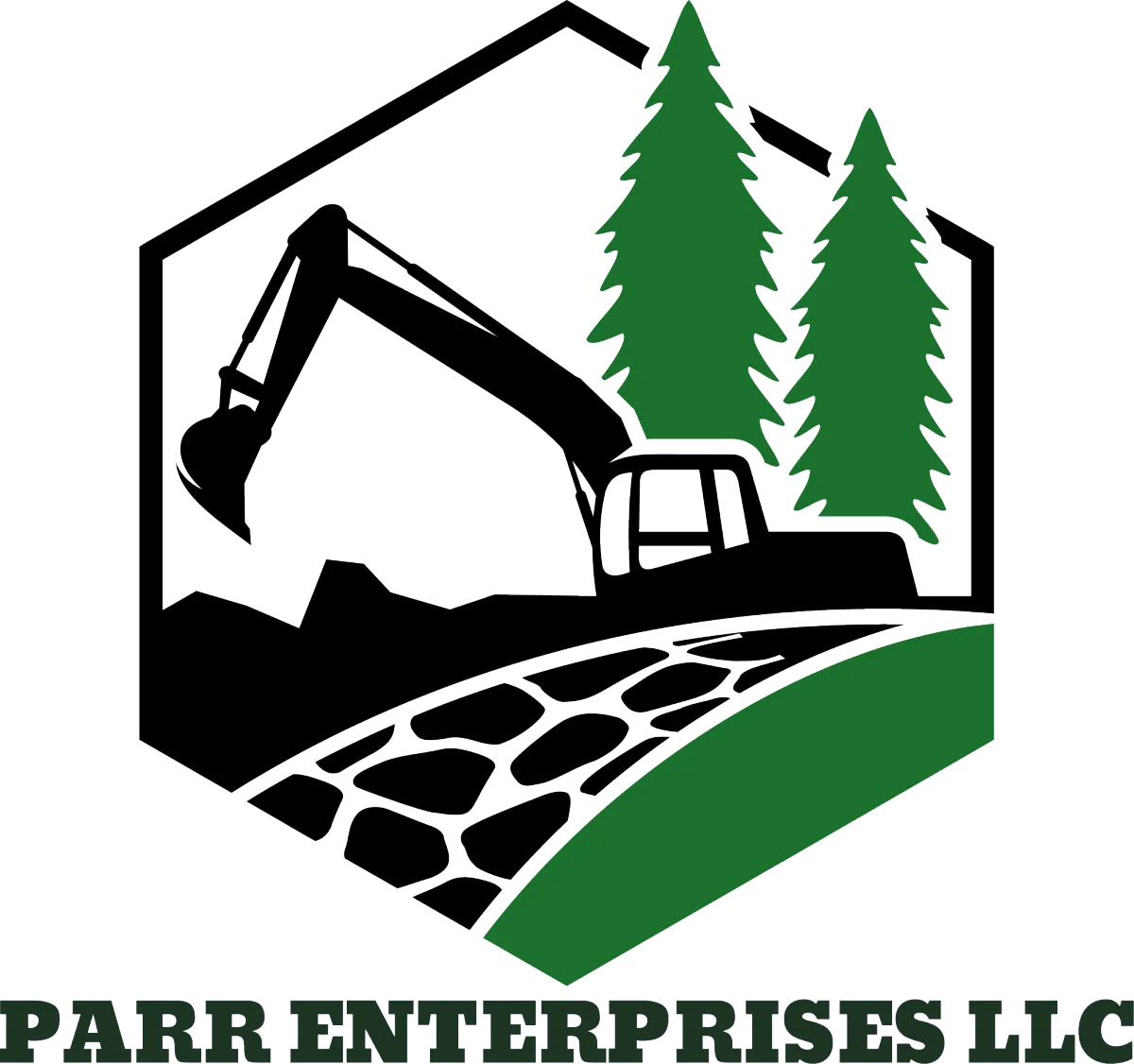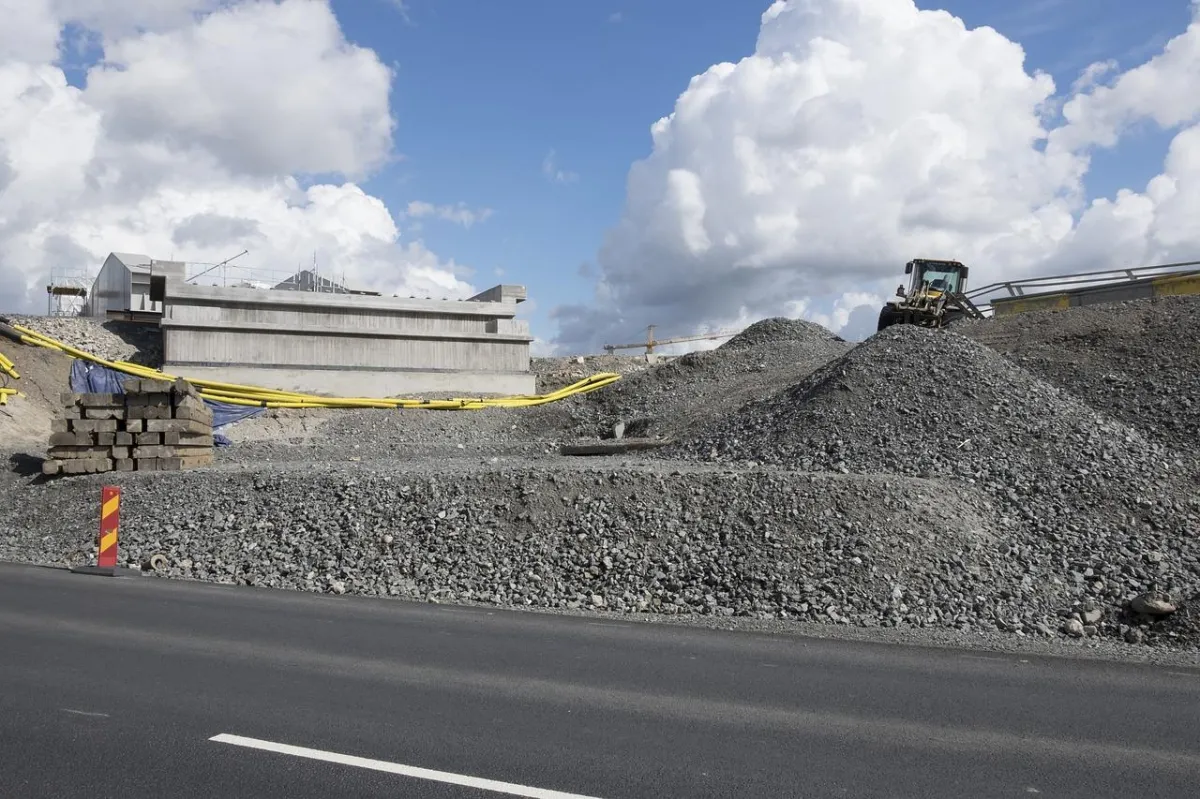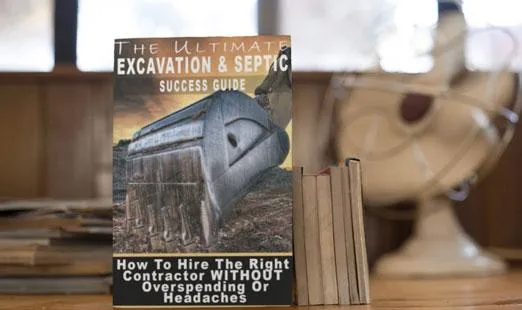
Serving Washington : Pierce, King Counties

Best Road Construction Near King County – 3 Questions to Ask Before You Hire
1. What Brings You Here: The Roadblock You Didn’t Expect
If you’re here, there’s a good chance you’ve hit a dead end. Not on your actual road—yet—but in the process of figuring out how to build one. You might own land in King County, or maybe you're adding a private drive to a property outside Orting or Enumclaw. Maybe the gravel path you’ve used for years is turning into a muddy mess. Or maybe your current road can’t handle the weight of delivery trucks, fire access, or everyday traffic anymore.
Whatever the case, you're not just looking for a contractor. You’re looking for answers.
You might be feeling overwhelmed by estimates, confused by the options, or skeptical after hearing different opinions. You're not wrong to feel that way. A new road—or even a repair—isn’t a small project. And one mistake early on can lead to erosion, drainage issues, or costly rework down the line.
At Parr Enterprise LLC, we get it. We live here too, and we’ve helped a lot of folks near King and Pierce Counties who started out in your exact shoes. The good news? A good road starts with good questions.
2. Why Choosing the Right Road Builder Isn’t as Simple as It Sounds
On the surface, road construction seems straightforward: move dirt, add gravel, maybe lay down asphalt, and call it done. But that simplicity is a bit of an illusion—especially in the Pacific Northwest. Around King County, road work isn’t just about equipment. It’s about terrain, water, and long-term durability.
One-size-fits-all doesn’t work here. You need a builder who understands the quirks of the land—from wet soil and steep grades to tight access roads and changing seasons.
Before you hire anyone, ask these three questions. They’ll help you separate the pros from the pretenders.
3. Question 1: Do They Know the Local Ground Conditions?
Let’s be honest: King County soil can be tricky. In some areas, it's wet clay. In others, it's rocky or sandy. If your contractor doesn’t understand what’s beneath the surface, the road won’t last.
Here’s why that matters:
Soft soils need reinforcement. Without a solid base layer, the road will rut or sink.
Drainage is everything. One heavy rain can ruin a poorly designed roadbed.
Steep slopes need smart grading. Otherwise, water pools—or worse, washes everything downhill.
A good contractor won’t just “bring in rock.” They’ll walk your property, check the slope, ask how you’ll use the road, and plan accordingly. They should talk about subgrade prep, base layers, culverts, and drainage—not just price per ton of gravel.
Ask them:
“How will you build for the type of soil I have?”
If they can’t answer that confidently, move on.
4. Question 2: Can They Explain Their Process—Without Using Jargon?
You shouldn’t need an engineering degree to understand what you’re paying for.
We’ve seen homeowners agree to projects they didn’t really understand—only to find out halfway through that the plan didn’t include proper compaction or drainage, or that corners were being cut to save time.
When a contractor explains their process, listen for these signs:
They use plain language but know the technical stuff.
They can walk you through each phase—from clearing to grading to finish work.
They aren’t afraid of your questions.
You want someone who can teach while they build—not someone who throws out buzzwords to sound smart. If they’re vague or defensive, that’s a problem.
Ask them:
“Can you walk me through how you’d build this road, step by step?”
5. Question 3: Do They Tailor the Road to Your Use (Not Just the Budget)?
A farm road that sees a 15,000 lb hay truck twice a week isn’t the same as a gravel driveway for a weekend cabin. And yet, we’ve seen contractors throw down the same 4" gravel pad no matter the job.
That’s not how we work.
The purpose of your road should drive the design. Ask yourself:
Will it need to handle heavy equipment?
Is it the only access point for emergency vehicles?
Does it need to hold up during freeze-thaw cycles?
A road is an investment in safety, access, and long-term usability. It should be built with your daily life in mind—not just your wallet.
Ask the contractor:
“How will this road hold up to how I plan to use it?”
6. Bonus: Red Flags You Can’t Ignore When Hiring a Road Construction Contractor
We’ve heard too many stories from property owners who wish they’d seen the warning signs earlier. Keep an eye out for:
No written estimate. That’s a fast track to surprise charges.
Refusal to answer specific questions. A real pro wants you to understand the process.
Unclear timeline. Road work is weather-sensitive—but that doesn’t mean there shouldn’t be a plan.
No mention of drainage. If they don’t bring it up, they’re not thinking long-term.
Trust your gut. If something feels off, it probably is.
7. What Working With Parr Enterprise LLC Feels Like
We’re not a massive construction outfit. We're a small, highly-skilled crew that takes the time to do things right. Based in Orting, we serve King and Pierce Counties because we know this area—its soil, its seasons, and the way people use their land.
When you work with us, here’s what you can expect:
Personalized planning. We walk the property with you and listen.
Transparent pricing. No vague estimates. No surprise charges.
Durability-focused construction. We build roads that last—not shortcuts that fail.
Clear communication. You’ll know what’s happening and when, start to finish.
Our goal is to build something you can count on—not just today, but five or ten years from now.
8. The Road Ahead: Final Thoughts Before You Break Ground
Choosing the right road contractor near King County doesn’t have to be a gamble. You just need to ask the right questions.
✅ Do they understand the ground?
✅ Can they explain their plan in plain English?
✅ Will they build the road around your actual needs—not a generic template?
If you get “yes” across the board, you’re on the right track. If not, don’t be afraid to keep looking.
At Parr Enterprise LLC, we’re here to make your project less stressful, more transparent, and built for the long haul. Whether you’re planning a new access road, replacing an old one, or just exploring your options, we’d be glad to talk it through.
Because around here, a good road isn’t just about moving dirt—it’s about helping you move forward.

AVOID COSTLY MISTAKES:
Do NOT hire an excavating contractor without first reading our free guide:
The ULTIMATE Excavation & Septic "Success Guide."

Hours: 6:00am-4:00pm PST M-F
Extended hours by appointment only.
Address: 20221 212th St. East Orting, WA 98360